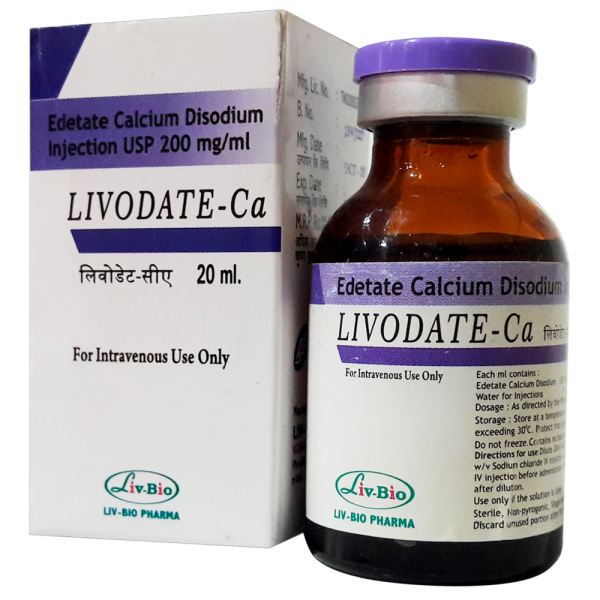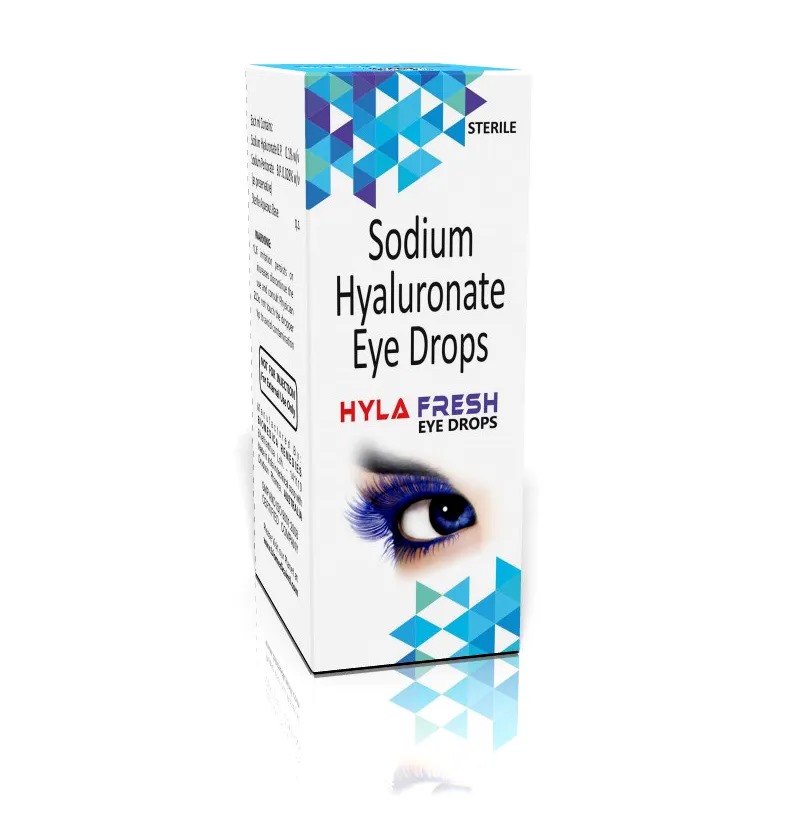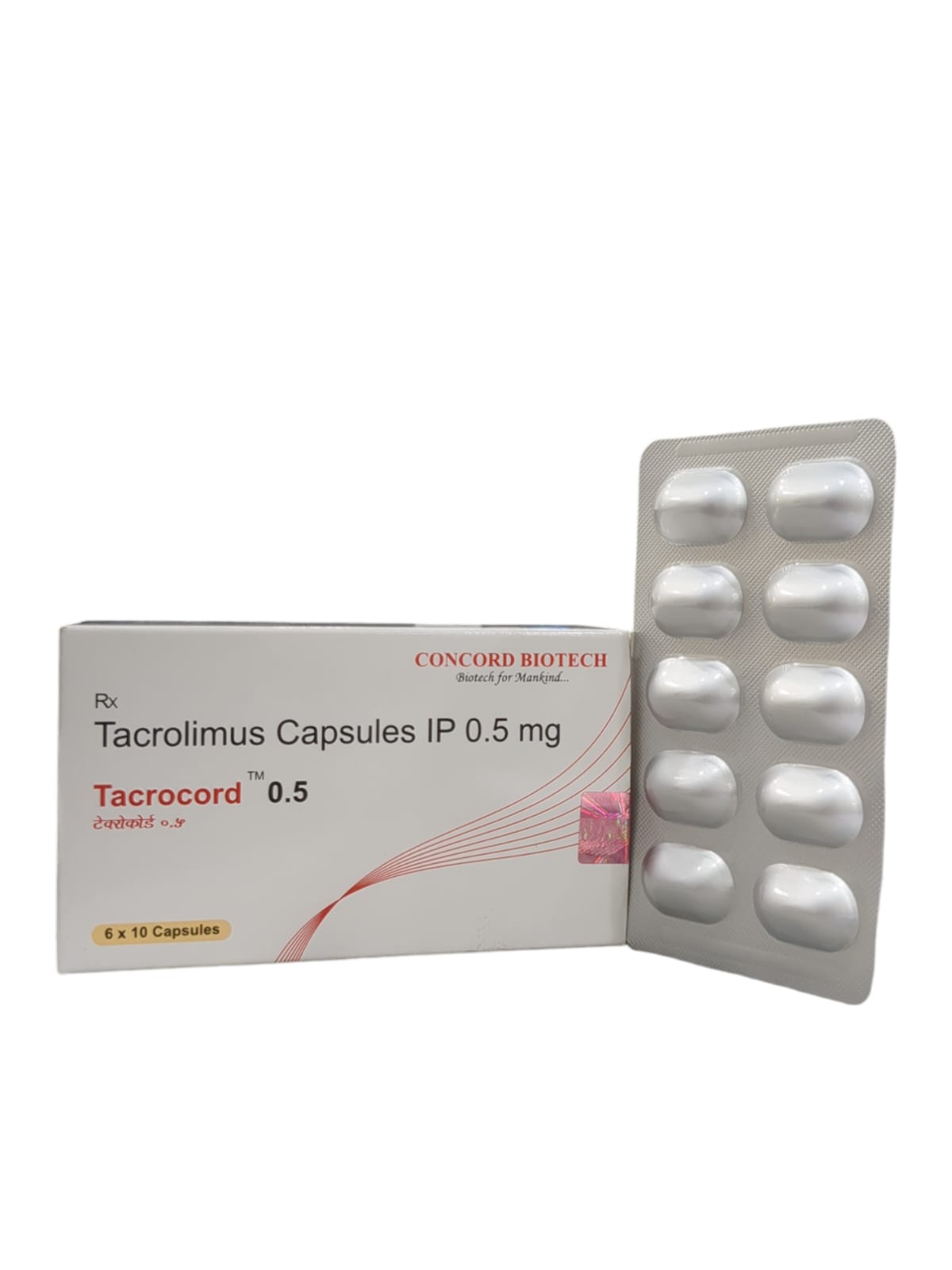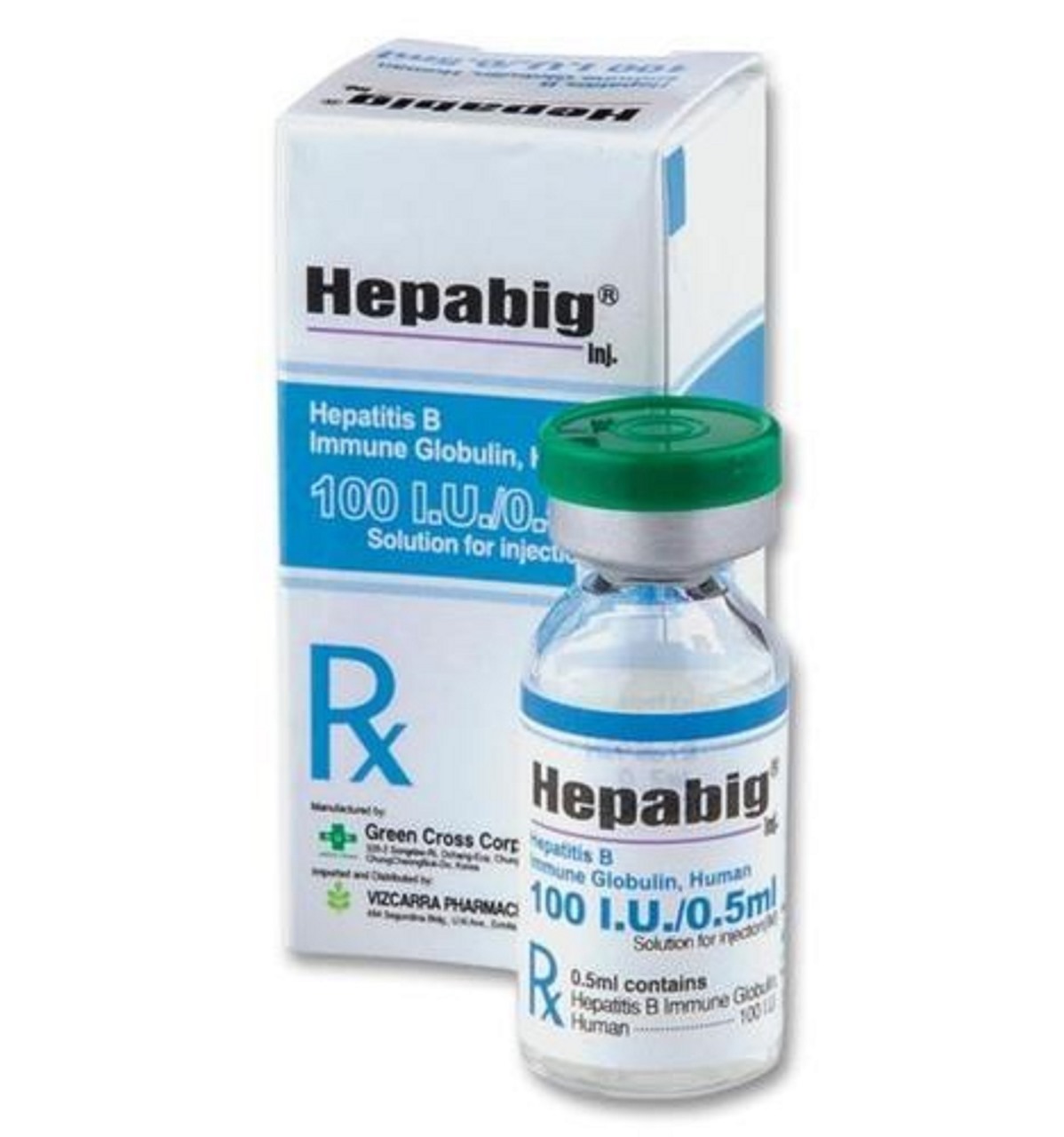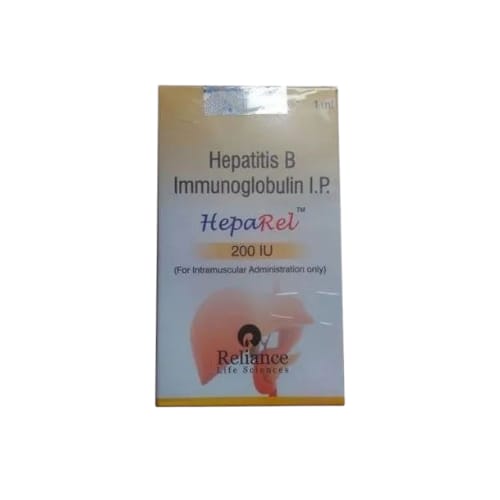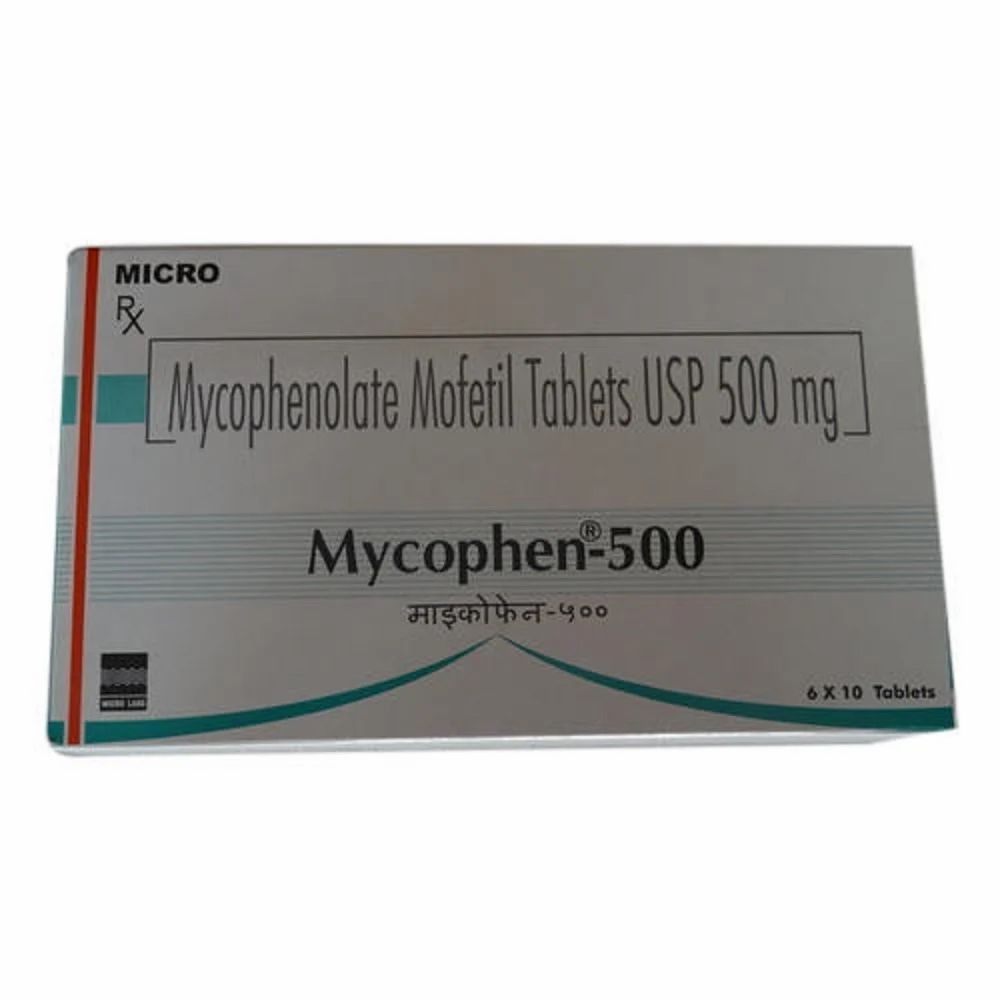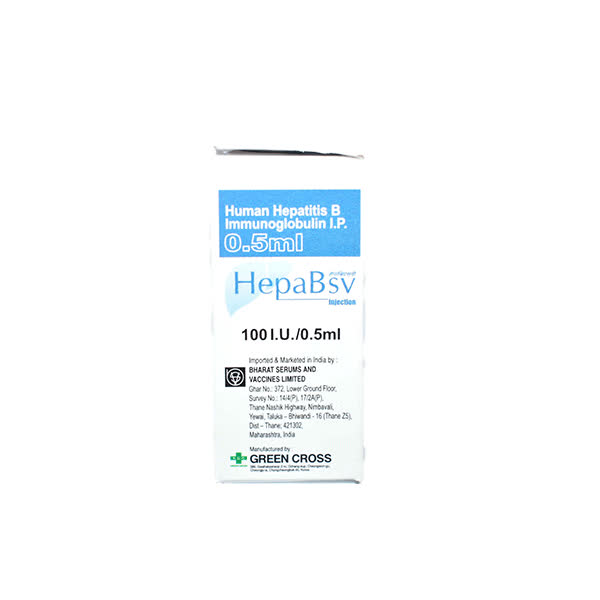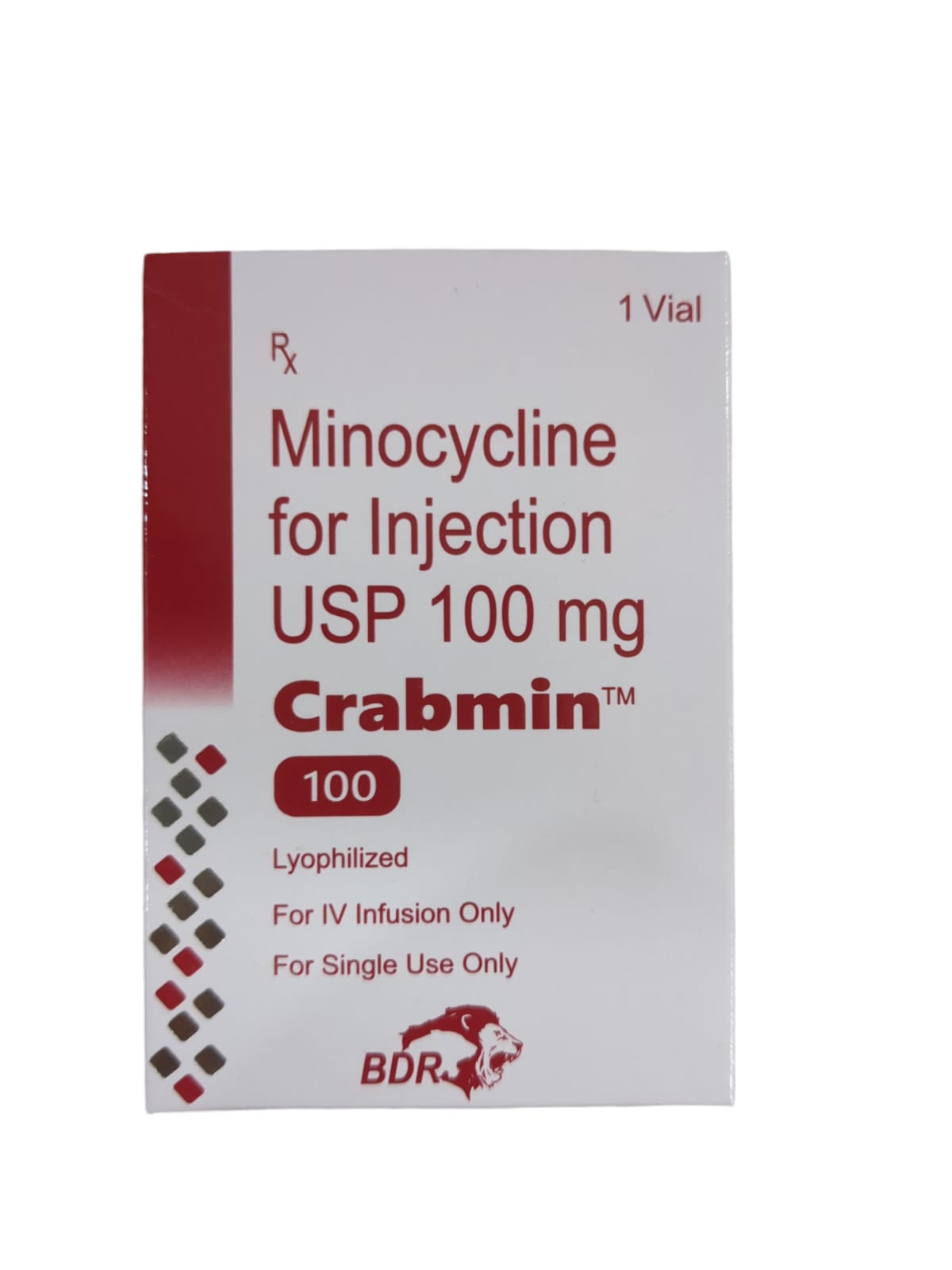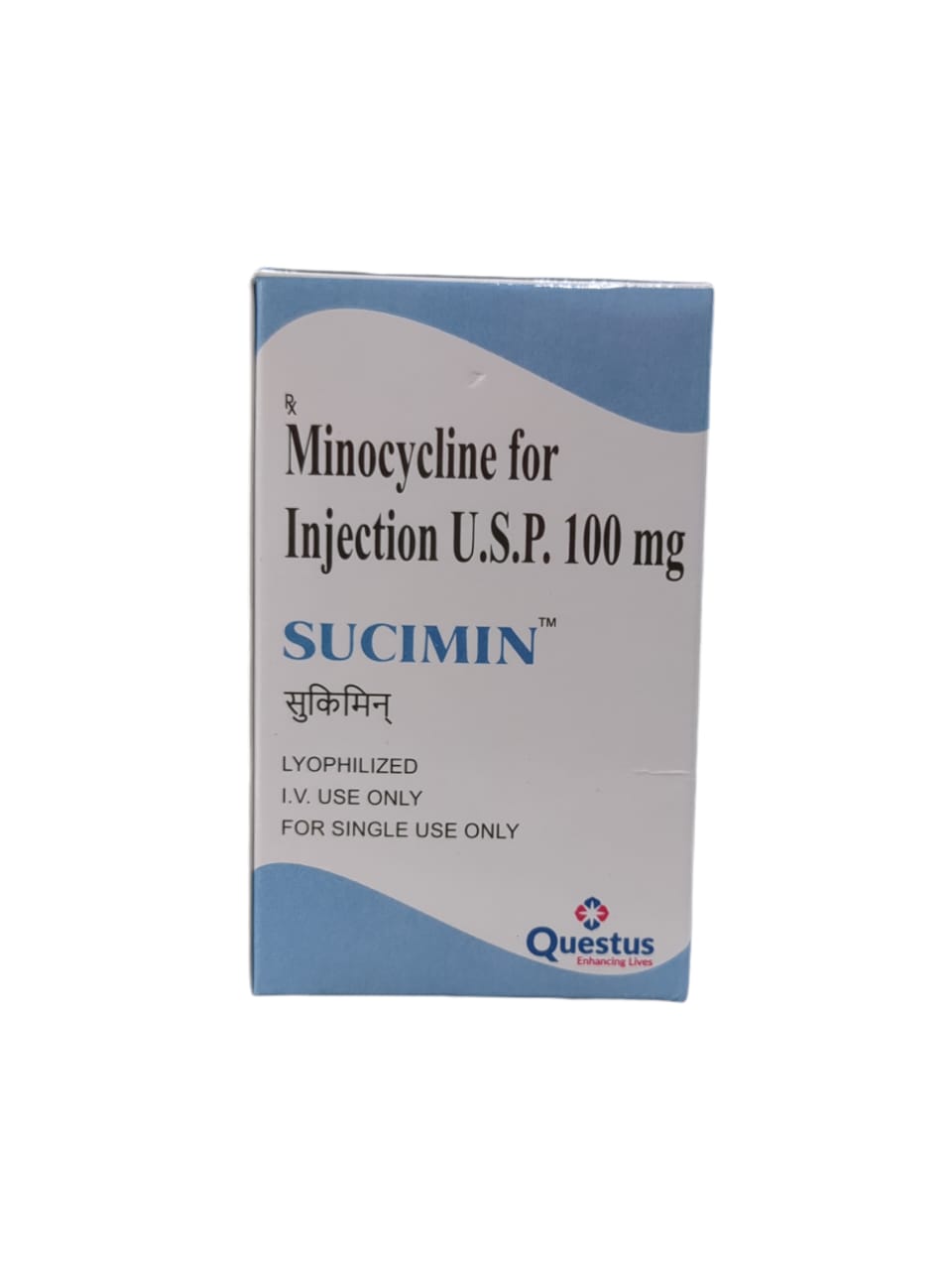Calcium Edetate Injection (also known as Calcium Disodium EDTA) is a chelating agent used mainly to treat heavy metal poisoning, particularly lead poisoning. 🔹 Primary Uses of Calcium Edetate Injection: 🧪 Lead Poisoning (Plumbism) Main use: binds to lead in the bloodstream and helps eliminate it through the urine. Often used in moderate to severe cases, especially in children and industrial exposure. 🌡️ Other Heavy Metal Toxicity (off-label or less common) May also be used (less commonly) for: Cadmium Zinc (in overload situations) Not used for mercury or arsenic—other chelators like dimercaprol or DMSA are preferred there. 🔄 Diagnostic Use (EDTA lead mobilization test) Sometimes used to test the body's lead burden by observing how much lead is excreted after administration. 💉 How It Works: Chelation therapy: The EDTA binds to heavy metal ions in the blood. The resulting complex is water-soluble and excreted through the kidneys. 💉 Administration: IV (intravenous) or IM (intramuscular) injection. Usually given over several days, depending on lead levels and patient condition. Often used alongside hydration therapy to protect the kidneys. ⚠️ Precautions & Side Effects: Kidney function must be closely monitored — chelation can be hard on the kidneys. Electrolyte imbalances (e.g., calcium, zinc depletion) may occur. Possible side effects: Fever, chills Nausea, vomiting Injection site pain Low blood pressure (rare but serious) ❗ Important Notes: Not the same as disodium EDTA, which is more toxic and not approved for lead poisoning. Must be used under strict medical supervision, especially in children.
Send Message